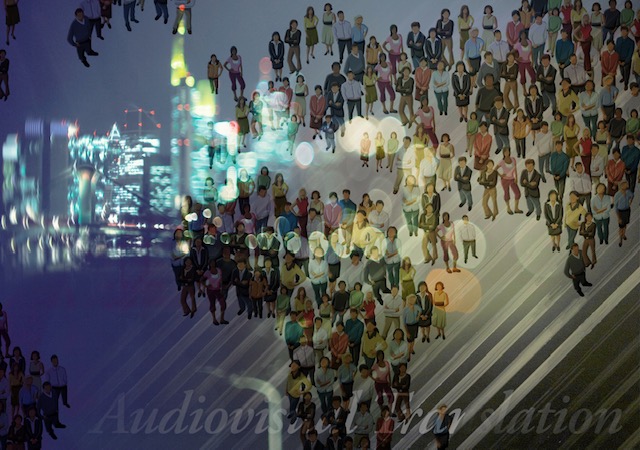Translating Festivals as Cultural Identity-builders. A Hermeneutical Approach for the Cross-fertilisation of Cultures
DOI:
https://doi.org/10.13133/2239-1983/18226Abstract
Cultures are known to possess a fundamental role and to have a crucial function in the building of individual and collective identities. “The diverse manifestations of culture – from our cherished historic monuments and museums to traditional practices and contemporary art forms – enrich our everyday lives in countless ways” (UNESCO 2022), namely, through awareness-raising by means of translation. Of the many instances of cultural identity-builders, the focus of this paper is on the transmission of festivals as instances of “Intangible Cultural Heritage” (UNESCO Convention 2003) through translation. Here festivals are defined as oral traditions expressed in the form of artistic performances. The underlying assumption is that bearers and practitioners of an oral tradition guide translators in delivering an adequate translation of a festive event. To respond to the question about the modalities by means of which multiple identities can communalise for the “cross-fertilisation of cultures”, this study draws upon hermeneutics with the scope of offering a hermeneutical account of the process involving the translation for festivals, centred on the spread of oral traditions. It is believed that communalising identities through festival translation can help to enrich cultures. The hermeneutical approach relies on the understanding that acknowledging and transferring the content of artistic performances require feeling one’s way into contextual meanings and community-held beliefs. This view rests on the assumption that any translator’s understanding of artistic performances needs acts of filling in cognitive gaps left by the affective vagueness of feeling by means of research and through the guidance that “communally-organised feeling” can provide (Robinson 2013).
##submission.downloads##
Pubblicato
Come citare
Fascicolo
Sezione
Licenza
Gli autori che pubblicano su questa rivista accettano le seguenti condizioni:- Gli autori mantengono i diritti sulla loro opera e cedono alla rivista il diritto di prima pubblicazione dell'opera, contemporaneamente licenziata sotto una Licenza Creative Commons - Attribuzione che permette ad altri di condividere l'opera indicando la paternità intellettuale e la prima pubblicazione su questa rivista.
- Gli autori possono aderire ad altri accordi di licenza non esclusiva per la distribuzione della versione dell'opera pubblicata (es. depositarla in un archivio istituzionale o pubblicarla in una monografia), a patto di indicare che la prima pubblicazione è avvenuta su questa rivista.
- Gli autori possono diffondere la loro opera online (es. in repository istituzionali o nel loro sito web) prima e durante il processo di submission, poiché può portare a scambi produttivi e aumentare le citazioni dell'opera pubblicata (Vedi The Effect of Open Access).


